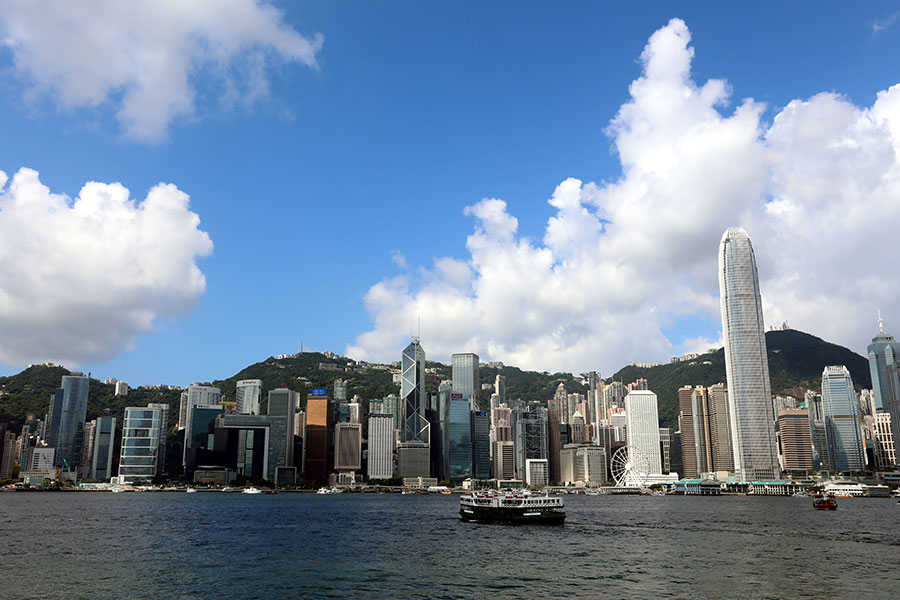Whispering a fond adieu


Potential impact
Some economic experts, however, are less pessimistic.
Tang Heiwai, professor of economics at the University of Hong Kong, noted that previous immigration waves can be used as a reference to gauge the potential impact on society. Between 1992 and 1997, up to half a million Hong Kong people migrated, but half of them returned as the special administrative region's economy had been doing quite well since the handover. "So the impact wasn't that great."
Tang expects similar numbers of Hong Kong people to up sticks in the next three to five years, "But I believe many of them will come back eventually because they may well realize that Hong Kong's economy is still doing better than that in other places. "After all, the global economy is still in a recession," he says.
Therefore, in the medium term, maybe within five years, the full effect on the city's economy will not be evident.
Besides, there'll be more diverse opportunities in Hong Kong's more progressive sectors, such as financial technology, big data and biotechnology, that will attract young talent and professionals from the Chinese mainland, Tang says.
He believes the SAR and the Guangdong-Hong Kong-Macao Greater Bay Area will reap mutual tangible benefits through integrated development. The fruits of research by experts from Hong Kong's prestigious universities can be commercialized as products and services that can be mass manufactured in the Bay Area. "The more production and consumption in the Bay Area, the more upstream research and development in Hong Kong," he says.
Terence Chong Tai-leung, executive director of the Lau Chor Tak Institute of Global Economics and Finance at the Chinese University of Hong Kong, is confident that Hong Kong will remain a coveted, boisterous international financial hub for talent exchange even if there's herd immigration.
"Hong Kong is most valued for being a handy platform for people and money flow, with fewer constraints and barriers," Chong says, adding that the dynamic is constant and not as susceptible to external changes as we may think because the foundation is "established and carved in stone".
Shrugging off the potential impact of herd immigration on the city's talent pool, Chong reiterates that the "non-stop dynamic of talent influx and exodus is fundamentally constant in the city, so it can't be more usual to see people exiting".
- 2026 Spring Festival rush: 258M railway trips
- China renews blue alert for cold wave, strong winds
- Second volume of book on Xi's visits to people's homes published
- Respect Moment | Guardians of Peace
- Chinese tourists soak in festive vibes of Spring Festival
- China sees record daily passenger flow in Spring Festival travel rush





































